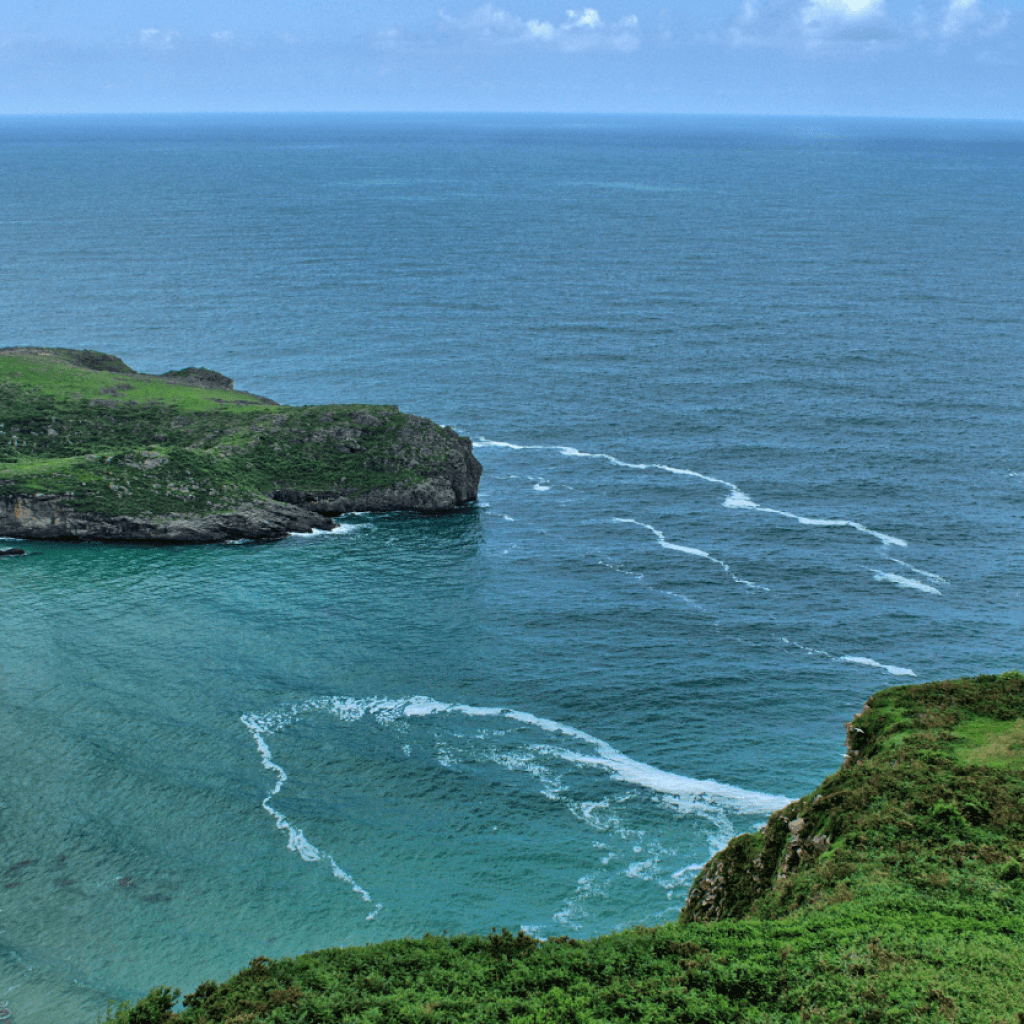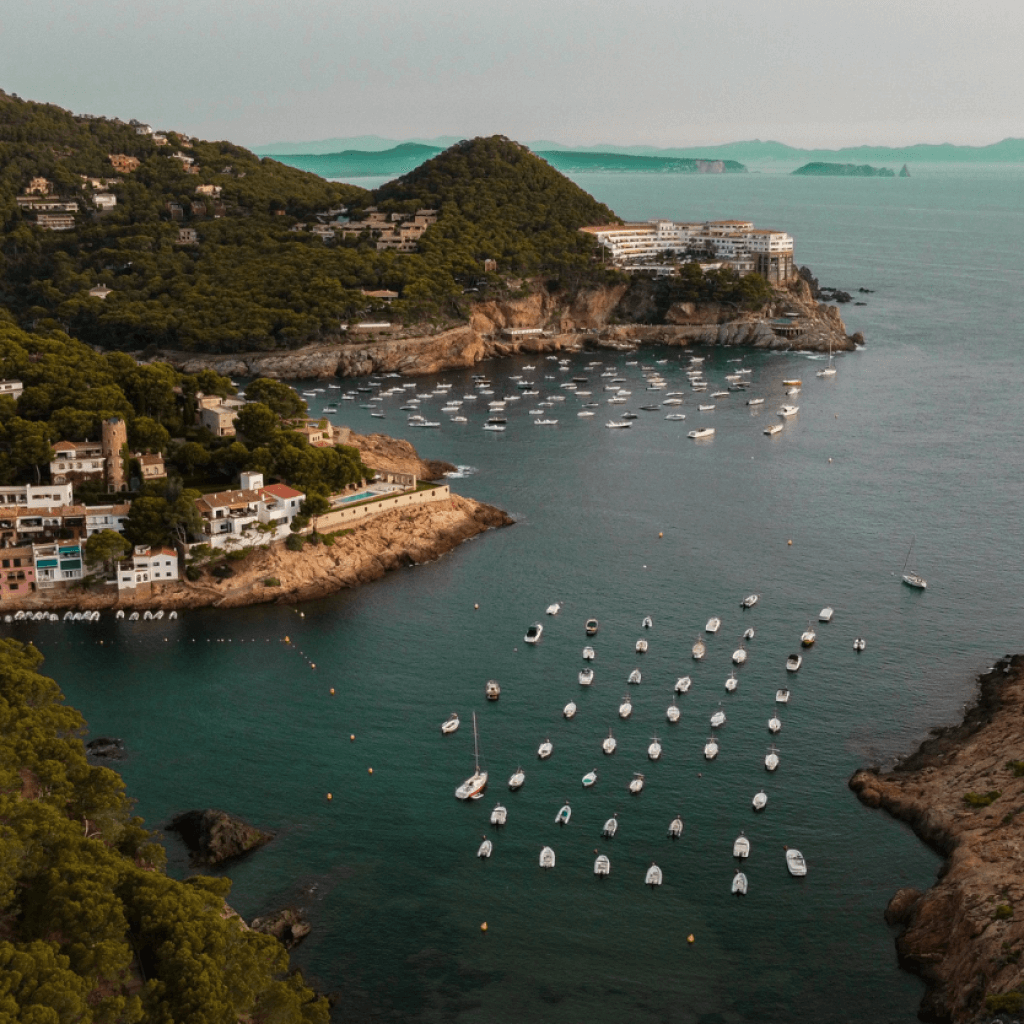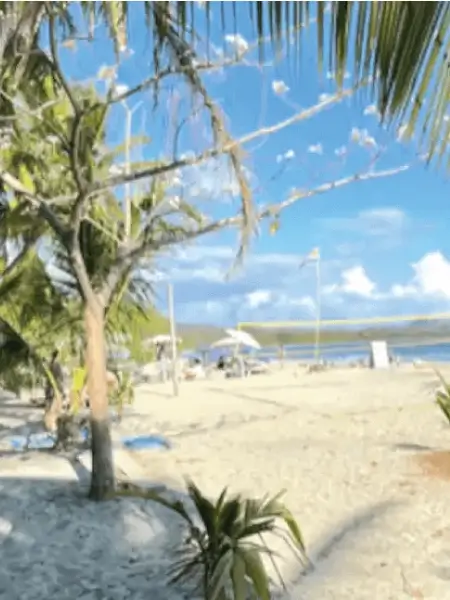Thinking about buying property in Costa Rica? You’re not alone. Every year, thousands of people from the U.S., Canada, and beyond look to settle or invest in this beautiful country. With its laid-back lifestyle, warm weather, and open attitude toward foreign buyers to buy property in Costa Rica, Costa Rica is one of the easiest places in Central America for foreigners to own real estate.
But just because it’s possible doesn’t mean it’s simple. Like anywhere else, there are rules, legal steps, and smart ways to go about it. Whether you’re looking for a vacation home, retirement spot, or income property, here’s everything you need to know to do it right.
Can Foreigners Buy Property in Costa Rica?
Yes — and that’s the best part.
Foreigners have the same property ownership rights as locals. You don’t need residency, and you can own property outright, even while staying in Costa Rica on a tourist visa.
This includes fee simple titled properties, which is the most common type of land ownership. With fee simple ownership, you have full control over the land — you can sell it, rent it, or pass it on to your kids.
There are some exceptions (more on that below), but overall, Costa Rica is one of the most foreigner-friendly countries when it comes to buying property.
Step-by-Step Guide to Buy Property in Costa Rica
1. Choose the Right Location
Costa Rica has something for everyone — beach towns, mountain villages, city life, and jungle retreats. Before you look at listings, think about what you want your lifestyle to look like. Do you want to be by the ocean? Near shops? In a quiet, rural area?
Some of the top spots for foreign buyers include:
- Playa Flamingo – High-end condos, resorts, and beachfront homes. Prices can start at $600,000 for a home.
- Tamarindo – Popular surf town with titled beachfront options. More affordable than Flamingo, with homes from $200,000.
- Central Valley (Escazú, Santa Ana, Grecia) – Cooler climate, closer to the airport, great for year-round living.
- Dominical / Uvita – Lush, peaceful Pacific Coast spots. A mix of expat communities and untouched nature.
Before you buy property in Costa Rica, consider staying in the area for a few weeks to get a feel for the community. Need help planning your stay? BookWithMaria.com can help you find the best vacation rentals and local tips before you buy.

2. Work with a Local Real Estate Agent
Costa Rica doesn’t have a centralized MLS system like in the U.S. This means not all properties are listed online — many of the best deals are “pocket listings” only shared locally.
A good real estate agent is key. They’ll help you find the right property, deal with local rules, and connect you with lawyers and notaries. Look for someone with experience, good reviews, and strong local knowledge. If you’re working with an agent that covers the whole country, even better — they’ll have more access to different areas.
3. Hire a Real Estate Attorney
Your agent helps find the property — your attorney makes sure it’s legally safe to buy.
In Costa Rica, only a public notary (who is also an attorney) can legally register the property in your name. If you don’t speak Spanish, find a bilingual attorney who can walk you through the contracts and check all legal documents.
Your lawyer should:
- Check the title with the National Registry
- Confirm the seller is the real owner
- Make sure there are no liens or legal problems
- Review all zoning and use restrictions
4. Understand Property Types: Titled vs. Concession Land
In Costa Rica, not all land is the same.
- Titled land (fee simple): Full ownership. You can buy it, sell it, build on it, and it’s yours completely.
- Concession land: This usually refers to Maritime Zone land — the 200 meters closest to the ocean, measured from the high tide line.
The first 50 meters of beach is public, and no one can own it. The next 150 meters is concession land, and foreigners can only own up to 49% of this land unless they’ve been a legal resident for more than 5 years. This makes beachfront property a little more complicated — your lawyer will need to double-check if the land is titled or concession.
Some areas, like Tamarindo and Jaco, do have titled beachfront lots, which is rare in Costa Rica.
5. Make an Offer and Pay the Deposit
Once you’ve found the right place, your agent and attorney will help you draft a purchase-sale agreement. This spells out the price, payment method, and conditions. Most sellers will expect a 10% deposit, which goes into escrow.
You’ll need:
- A valid passport
- Proof of funds (like a bank letter)
- An escrow account set up through your lawyer or a trusted third party
6. Closing the Deal
Most closings take about 30–60 days. During that time:
- The lawyer checks the title again
- The seller provides all required documents
- You wire the remaining balance before the closing date
Your attorney will register the property at the National Registry in your name or your corporation’s name (more on that next).
7. Should You Buy Under Your Name or a Corporation?
Many foreign buyers use a Costa Rican corporation (like a Sociedad Anónima or SRL) to buy property. There are benefits to this:
- It can simplify future sales
- It’s easier to handle inheritance
- It may protect you from some liabilities
Your lawyer will advise on what’s best for you.
What About Taxes and Fees?
Here’s what you can expect to pay:
- Closing costs: Around 3.5% of the purchase price (includes legal and registration fees)
- Property transfer tax: 1.5%
- Annual property tax: 0.25% of the property’s registered value
- Luxury tax: Only applies to homes valued over approx. $214,000 — max rate is 0.55%
Costa Rica’s taxes are lower than in most countries, but make sure you budget for maintenance, HOA fees, utilities, and travel costs if you plan to manage your property from abroad.

What to Watch Out For
- Don’t buy property without a full title check.
- Be cautious with “unlisted” land, especially near the coast or in protected zones.
- Always confirm zoning rules. Some areas only allow farming, tourism, or limited construction.
- Avoid verbal deals — everything must be in writing and signed by a notary.
Final Thoughts
Buying property in Costa Rica can be a great move — whether you’re planning to live here full-time, visit a few months a year, or rent it out. But like any big purchase, it pays to do it right. That means working with trusted professionals, understanding the rules, and taking your time.
If you’re not quite ready to buy, why not test the waters first?
Book a stay through BookWithMaria.com and get to know the area before making a big move. We’ll help you find the perfect rental in the area you’re interested in — from beachside villas to jungle bungalows — and even connect you with real estate pros when you’re ready to look.
Your slice of Costa Rican paradise might be closer than you think — just make sure you bring a good lawyer and a bit of patience with you.

